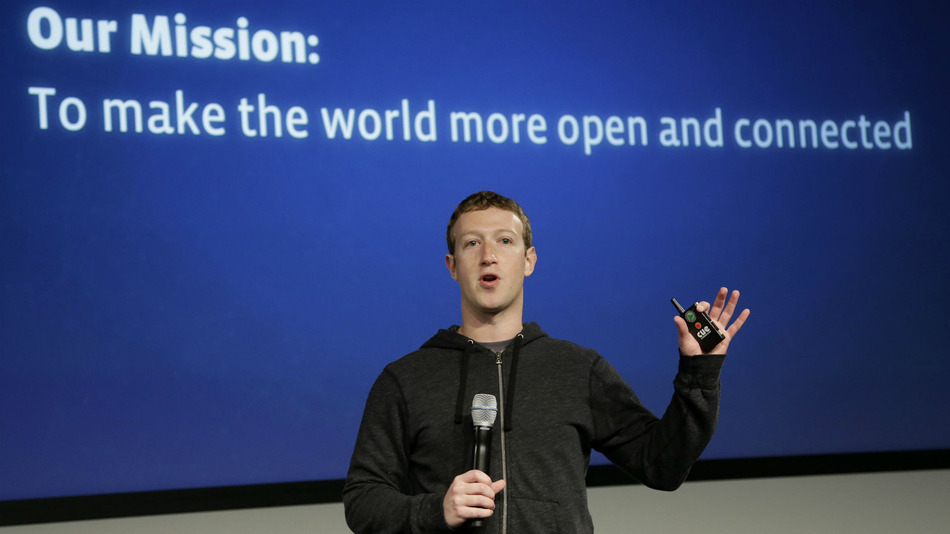Facebook just put some serious satellite oomph behind its Internet.org initiative, which aims to bring basic Internet access to developing countries.
The company has partnered with French-based satellite operator Eutelsat in an attempt to deliver free Internet to sub-Saharan Africa using an AMOS-6 satellite, Eutelsat announced Monday.
Facebook and Eutelsat signed a multi-year agreement with Israel-based satellite operator Spacecom; they plan to utilize the "entire broadband payload" of the satellite. AMOS-6 is scheduled to become operational in the second half of 2016. The AMOS-6 is a geostationary satellite whose Ka-band spot beams will provide broadband Internet to individual users and communities using affordable equipment.
Though widely publicized since its launch in 2013, Internet.org was only present in only a handful of countries in Africa, including Ghana, Zambia, Senegal, South Africa, Malawi, Kenya and Tanzania. The new initiative should significantly increase that spread; a release from Eutelsat states the coverage will include "large parts of sub-Saharan Africa".
“Facebook’s mission is to connect the world and we believe that satellites will play an important role in addressing the significant barriers that exist in connecting the people of Africa,” Chris Daniels, VP of Internet.org said in a statement.
Internet.org came under criticism earlier this year, when a group of companies withdrew their support for the project in India. Critics asserted that Internet.org violates net neutrality principles by prioritizing content from partners, while Mark Zuckerberg defended the project, claiming that it's "better to have some access than none at all."
Facebook is not the first company to have the idea of delivering Internet access directly to users via satellites. In November 2014, Tesla CEO Elon Musk unveiled a plan to launch a "constellation" of satellites to deliver free Internet access across the globe. And in June 2014, a report claimed Google is planning to invest $1 billion to bring Internet access to remote parts of the world via satellites.
Fuente: mashable.com
